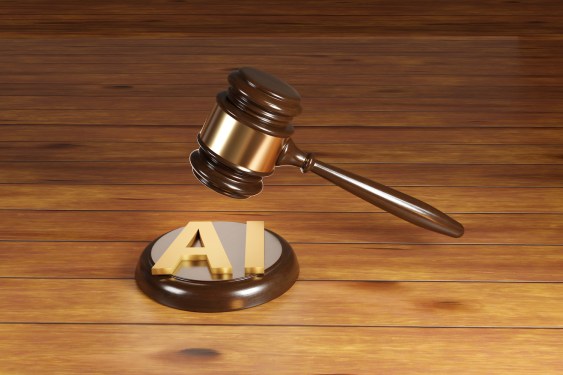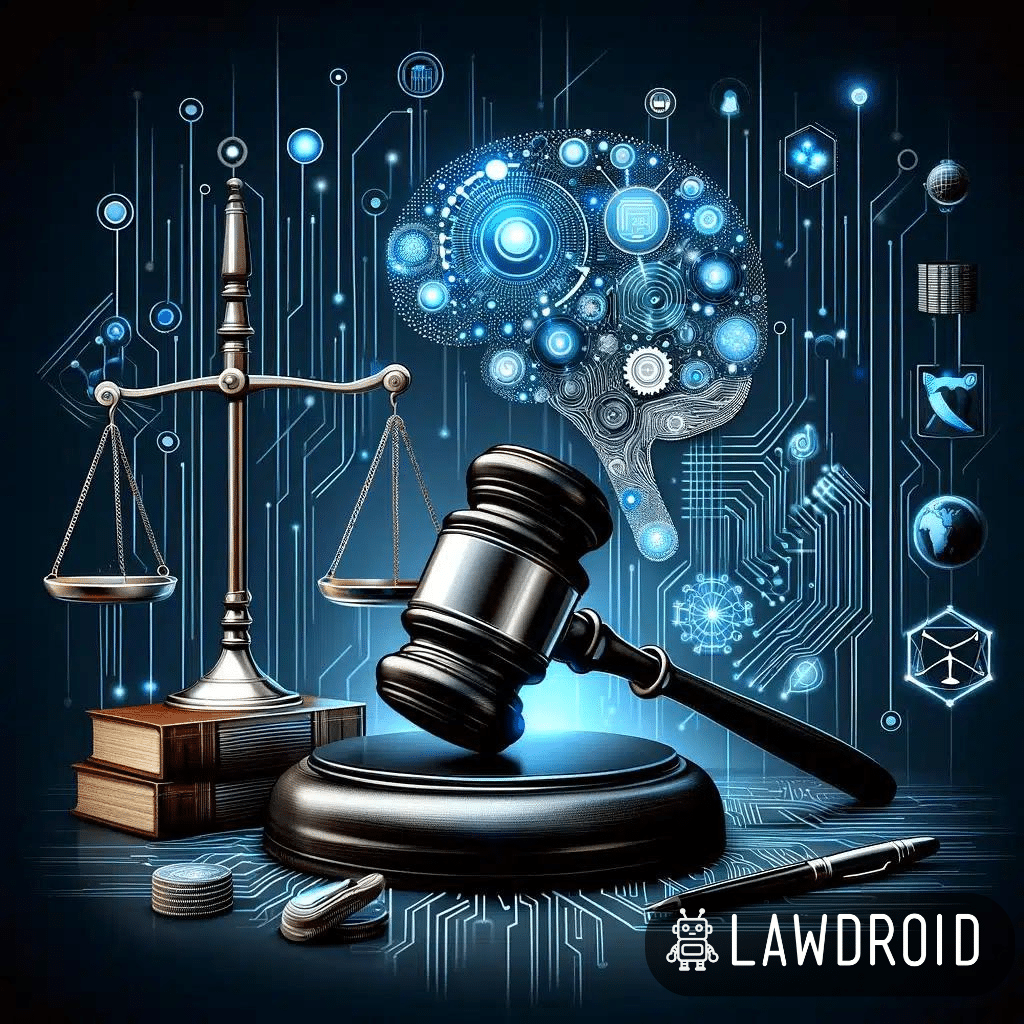UK Court Highlights Dangers of AI in Legal Practice: Lawyers Face Consequences for Fake Citations

In a notable ruling, the High Court of England and Wales has sent a stern warning to legal professionals about the perils of using artificial intelligence (AI) in their work, particularly highlighting the issue of generating incorrect citations. Judge Victoria Sharp asserted that tools such as ChatGPT cannot guarantee the reliability needed for legal research, despite their ability to generate seemingly accurate responses.
“AI technology can create responses that appear coherent, but they may lack factual correctness,” Judge Sharp explained. Consequently, lawyers are reminded of their ethical obligation to verify any AI-generated material against reputable legal sources before incorporating it into their work.
This ruling arose from two related cases where lawyers cited many non-existent cases—one instance featured a submission with 45 citations, where 18 were fabricated. In another case, a lawyer listed five fictitious cases while denying the use of AI, hinting at potential unintentional reliance on AI-generated summaries found online.

The judge emphasized that this mismanagement of citations not only undermines the justice system but also exposes lawyers to the risk of severe professional consequences, including sanctions, referral to regulatory bodies, and even potential criminal referrals.
Given the increasing prevalence of erroneous citations tied to AI tools, Judge Sharp’s remarks serve as a crucial reminder of the need for heightened scrutiny and adherence to professional standards within the legal profession. The details of this ruling will be shared with various legal organizations to ensure compliance and to safeguard the integrity of legal practice.
For professionals considering the integration of AI into their research process, it’s crucial to maintain diligence in evaluating information accuracy. This incident underscores the broader implications of AI use, particularly the need for rigorous fact-checking when employing such innovative technologies. Lawyers must navigate this evolving landscape responsibly to uphold their duties to clients and the courts alike, as they face potential repercussions for faltering in these essential obligations.
For more insights on AI’s impact in various sectors, you can explore our articles on AI Insights and AI Innovations.
